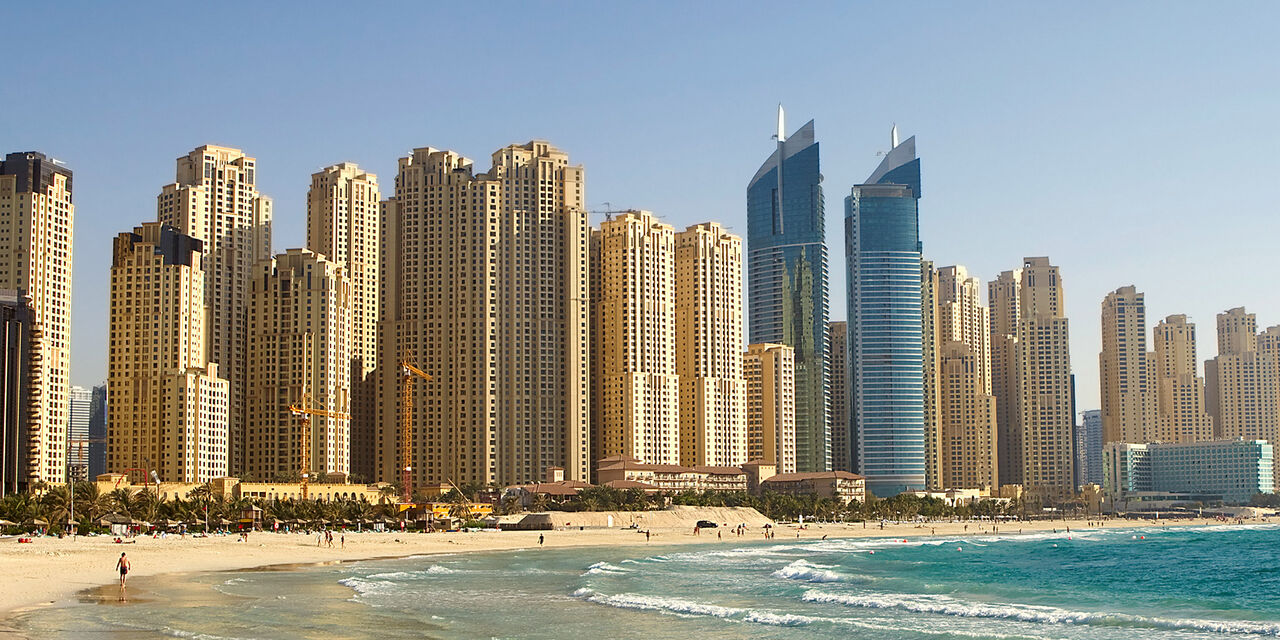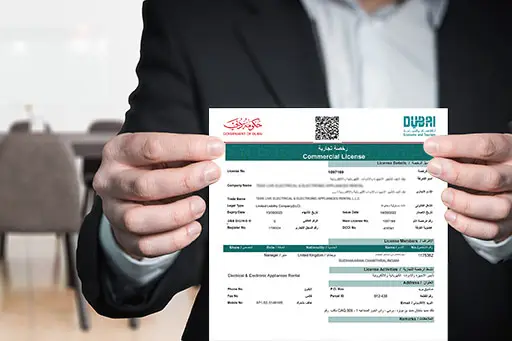Family offices have quietly become one of the most powerful tools for managing generational wealth around the world. They give wealthy families control, structure, and privacy over their assets, while offering a centralized way to handle investments, taxes, and succession planning. In 2025, Dubai has emerged as one of the most attractive destinations globally for establishing a family office, thanks to its stable economy, strong legal framework, and investor-friendly regulations.
If you are considering opening a family office in Dubai, this guide explains everything you need to know, from legal requirements and regulations to the exact steps you should follow.
What is a Family Office
A family office is a private entity set up to manage the wealth and financial affairs of one or more families. Unlike traditional investment firms or wealth managers that work with multiple clients, a family office focuses on protecting and growing the wealth of specific family members.
There are two main types of family offices:
1. Single Family Office (SFO):
This structure serves one family only. It manages investments, assets, and financial planning exclusively for the family members.
2. Multi Family Office (MFO):
This serves several families who may pool resources or share administrative and advisory services. Multi Family Offices are typically subject to stricter regulation because they serve multiple unrelated clients.
The goal of a family office is to centralize wealth management, reduce financial risk, create tax efficiency, and ensure smooth succession planning for future generations.
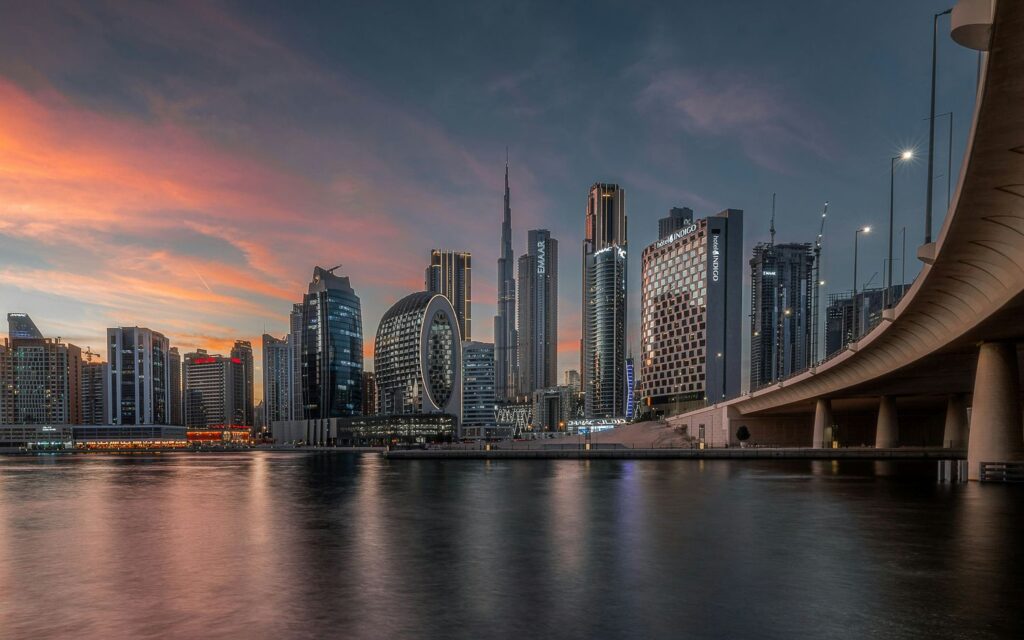
Why Dubai is a Global Hub for Family Offices
Dubai’s transformation into a global financial powerhouse has made it one of the top five destinations in the world for wealthy families looking to set up private offices. Here are the main reasons why family offices are thriving in Dubai:
1. Zero Personal and Capital Gains Tax
Dubai has no personal income tax, no capital gains tax, and no inheritance tax. For families managing large investments or multi-generational wealth, this is a huge incentive.
2. Stable Political and Economic Environment
The UAE’s stability, both politically and economically, provides a safe environment for long-term wealth preservation.
3. Strategic Global Location
Dubai is located between Europe, Asia, and Africa, making it a convenient global hub for families with diversified investments across continents.
4. Advanced Legal Framework
The UAE government has introduced modern family business and wealth management laws that protect privacy and facilitate cross-border financial operations.
5. Residency and Lifestyle Benefits
Setting up a family office in Dubai can also help family members qualify for long-term residency options like the Golden Visa, which provides added security and flexibility for the entire family.
Legal Framework Governing Family Offices in Dubai
The UAE government and Dubai’s free zones have built specialized legal systems to attract and regulate family offices. Here are the main legal frameworks that apply as of 2025:
The UAE Family Business Law
This law was introduced to protect family-owned businesses and ensure smooth generational transitions. It allows families to register their business interests officially and establish clear succession and management structures.
DIFC Family Arrangements Regulations
The Dubai International Financial Centre (DIFC) has its own set of regulations specifically for family offices. These rules allow for the creation of both Single and Multi Family Offices under a robust, internationally recognized legal system.
The DIFC regulations also simplify the process for families by reducing administrative burdens for single family offices that manage their own wealth.
Dubai World Trade Centre Authority Rules
The DWTC Free Zone allows both single and multi family office licenses. Families can set up 100 percent foreign-owned entities with flexible control and low minimum capital requirements.
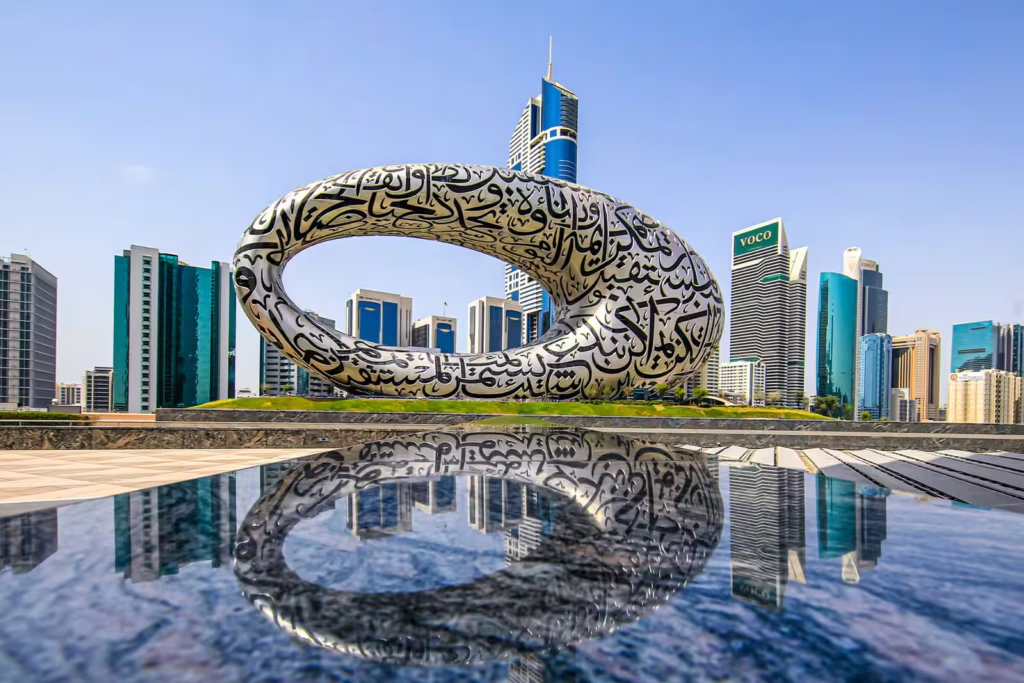
Choosing Between a Single Family Office and a Multi Family Office
Before starting your setup, you must determine which type of structure suits your situation.
Single Family Office (SFO)
If your goal is to manage the wealth of a single family, the SFO is ideal. It offers more privacy, less regulation, and greater control. The ownership is held entirely within the family, and the office’s activities are limited to that family’s affairs.
Multi Family Office (MFO)
If you plan to manage the wealth of multiple unrelated families, you’ll need to form a Multi Family Office. This setup requires stricter compliance and potentially additional licensing since it serves multiple parties.
Where to Set Up a Family Office in Dubai
Dubai offers several free zones that allow family office registration. Each has its own rules and benefits.
1. Dubai International Financial Centre (DIFC)
DIFC is the most prestigious and globally recognized financial hub in the region. It provides a common law system, an independent court, and international-grade regulation.
- Ideal for large families with significant global assets
- Requires a minimum family net worth or asset threshold (commonly around USD 50 million)
- Offers both Single and Multi Family Office structures
- Provides confidentiality, family governance tools, and succession planning support
2. Dubai World Trade Centre Authority (DWTC)
DWTC offers flexibility for families who want a lighter regulatory approach.
- Allows both SFO and MFO licenses
- Minimum asset requirement for SFOs is typically around AED 500,000 in proven liquid assets
- 100 percent foreign ownership allowed
- Suitable for families looking for cost-effective yet reputable structures
3. Dubai Multi Commodities Centre (DMCC)
DMCC is known for its ease of doing business and offers family office-style licenses through investment or holding company structures.
- Suitable for families who wish to hold and manage diverse assets such as real estate, equities, or private businesses
- Flexible requirements and strong business support
Legal and Financial Requirements
To legally open a family office in Dubai, several key requirements must be met. These may vary slightly by free zone, but the main ones are as follows:
1. Proof of Assets
Families must demonstrate a minimum level of assets to qualify for licensing. DIFC usually expects at least USD 50 million in assets, while DWTC requires around AED 500,000 in liquid proof.
2. Ownership Structure
The family must maintain controlling ownership of the entity. For a Single Family Office, ownership must be entirely within the same family. In some free zones, non-family members can hold a minority share or management role, but control must remain with the family.
3. Legal Entity
The family office must be registered as a legal entity within a free zone, such as a Free Zone Establishment (FZE), Free Zone Company (FZCO), or an equivalent legal structure.
4. Licensing and Approvals
A specific family office license must be obtained from the free zone authority. This license defines the scope of services the office can offer, such as investment management, administrative support, or succession planning.
5. Physical Presence
Most free zones require a physical office space, even if minimal. Some allow virtual or shared offices if the family already has a significant presence in Dubai.
6. Compliance and Reporting
Family offices must comply with anti-money laundering (AML) and know-your-customer (KYC) regulations. Annual audits and proper record-keeping are mandatory.
7. Governance and Succession Planning
The family office should have a clear internal governance system, decision-making hierarchy, and succession plan to ensure continuity.
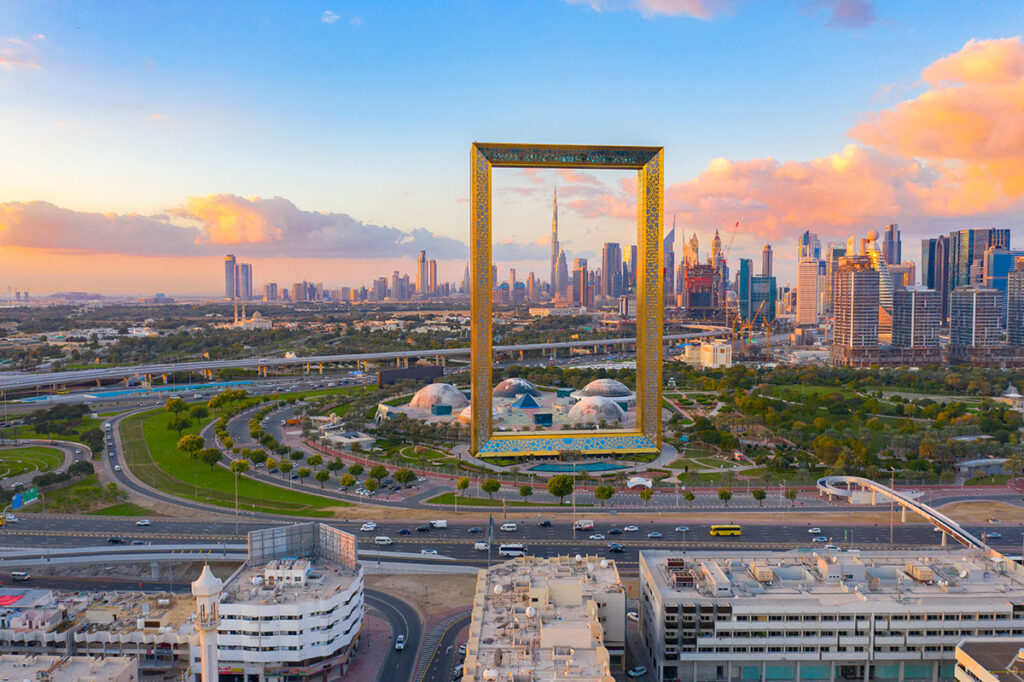
Step-by-Step Process to Set Up a Family Office in Dubai
Let’s break down the process into practical steps.
Step 1: Define the Purpose and Scope
Determine what your family office will handle. This could include wealth management, investments, legal affairs, philanthropy, real estate, or generational planning.
Step 2: Choose the Jurisdiction
Compare DIFC, DWTC, and DMCC based on your needs. DIFC offers prestige and advanced governance, while DWTC and DMCC provide flexibility and simpler compliance.
Step 3: Engage Professional Advisors
Hire a legal consultant familiar with UAE family office laws and a financial advisor who understands international tax and estate planning.
Step 4: Decide on Legal Structure
Select whether to form a Free Zone Establishment (single shareholder) or a Free Zone Company (multiple shareholders). Draft articles of association and ownership documents.
Step 5: Prepare Documentation
You will need:
- Passport copies of shareholders and managers
- Proof of family relationship
- Proof of assets (bank statements, investment reports, or audited financials)
- Business plan outlining your family office’s scope
Step 6: Apply for the License
Submit the documents to the chosen free zone authority. Once approved, pay the licensing and registration fees.
Step 7: Secure Office Space
Choose physical or serviced office space as required. This will be part of your licensing process.
Step 8: Open Bank Accounts
Once your family office is licensed, you can open a corporate bank account in Dubai. Banks may ask for detailed information about the source of funds and family background.
Step 9: Hire Staff and Set Up Operations
You may employ wealth managers, accountants, lawyers, and administrative staff. For smaller family offices, roles can be outsourced.
Step 10: Ensure Ongoing Compliance
Renew your license annually, maintain proper records, and stay compliant with all financial reporting and AML obligations.
Key Benefits of Setting Up a Family Office in Dubai
1. Confidentiality
Dubai’s regulations protect client and family confidentiality. Family information is kept private and is not shared publicly.
2. Global Accessibility
The city’s world-class connectivity makes it convenient to manage assets and investments spread across different continents.
3. Long-Term Residency
Establishing a family office can help family members qualify for long-term residency visas, adding personal and financial security.
4. Strategic Investment Opportunities
Dubai’s strong banking system and access to regional and international markets make it easy to diversify investments.
5. Legacy and Succession Planning
The legal framework ensures a smooth transition of assets across generations, reducing internal conflicts.
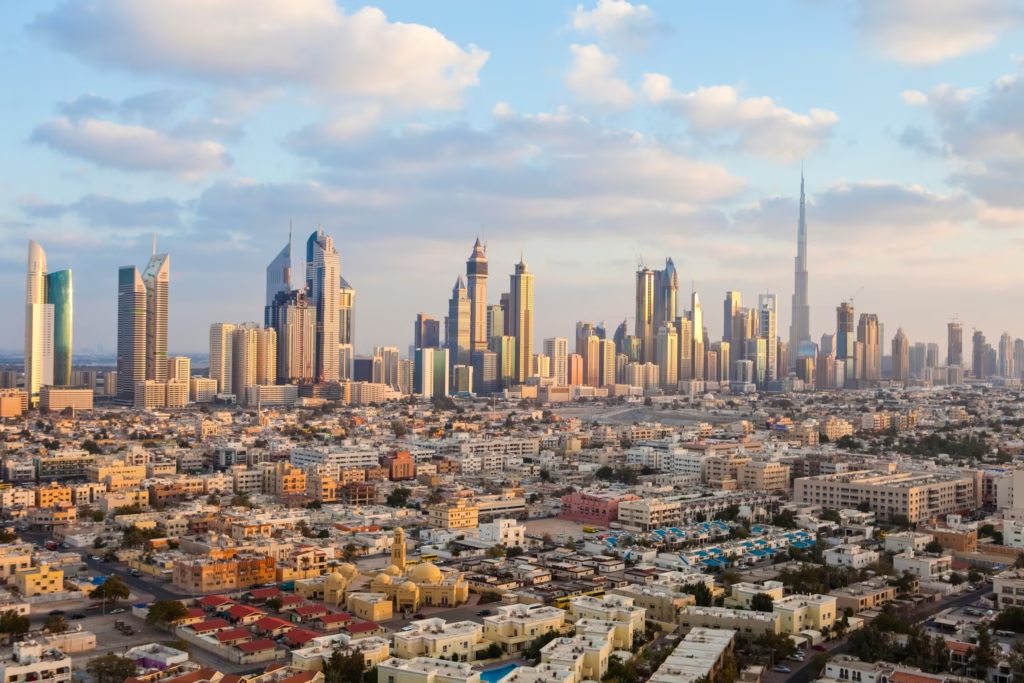
Common Mistakes to Avoid
Even though Dubai makes it simple to set up a family office, there are a few common pitfalls to watch for:
- Choosing the wrong jurisdiction: Each free zone has specific requirements and benefits. Selecting the wrong one can complicate your structure later.
- Ignoring compliance: Neglecting AML or reporting obligations can result in penalties or loss of your license.
- Poor governance planning: Without a clear family governance model, internal disputes can disrupt operations.
- Insufficient asset proof: Authorities require verified financial proof. Failing to provide this may delay approvals.
- Not updating legal documents: Laws evolve, and so should your family office structure. Always review your documents annually.
How Much Does It Cost to Set Up a Family Office in Dubai
The cost depends on the jurisdiction, office space, and scale of operations.
- License fees: AED 20,000 to AED 60,000 annually
- Office rent: AED 15,000 to AED 80,000 depending on location
- Legal and advisory costs: AED 25,000 to AED 100,000 depending on complexity
- Visa and administrative costs: AED 5,000 to AED 15,000
In total, a family office setup may cost between AED 80,000 and AED 200,000 in the first year.
Maintaining Your Family Office
Once your family office is established, proper management and compliance are crucial.
1. Annual Renewals
Licenses must be renewed annually. This includes verification of ownership, submission of financial statements, and compliance updates.
2. Record Keeping
Maintain detailed financial records, investment documentation, and governance reports.
3. Regular Audits
Conduct annual audits to verify financial integrity and compliance with regulations.
4. Updating Family Agreements
Review governance structures, succession plans, and ownership rights as family circumstances evolve.
5. Hiring Professionals
Engage trusted financial advisors, tax consultants, and legal experts who specialize in family offices.
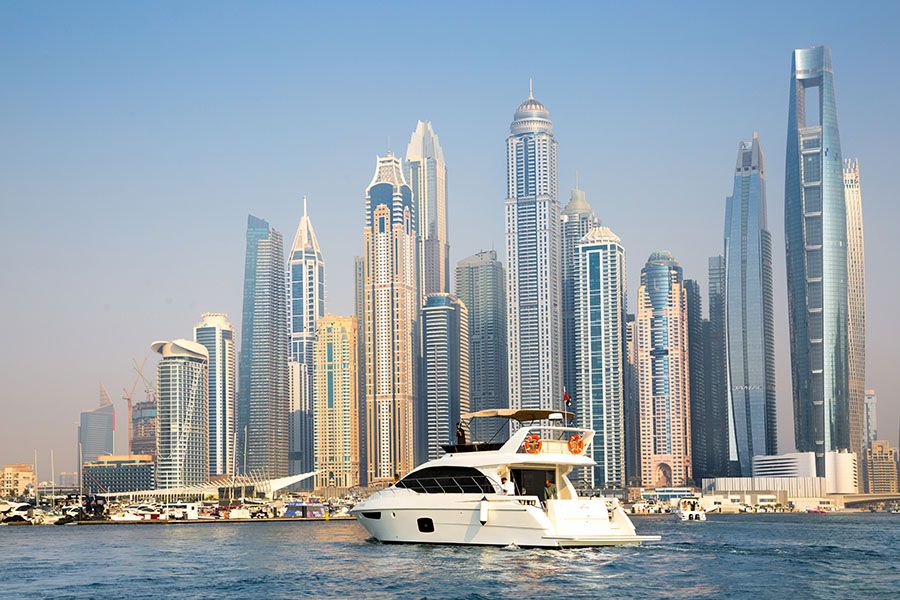
Future Outlook for Family Offices in Dubai
The UAE government is actively positioning Dubai as the leading global destination for family offices. With the introduction of specialized laws, international recognition, and investor-friendly policies, the number of family offices is expected to grow rapidly through 2030.
New reforms are focusing on:
- Enhanced residency options for family members
- Digital registration systems for faster setup
- Expanded regulatory clarity for multi-family structures
- Improved dispute resolution through specialized courts
Final Thoughts
Setting up a family office in Dubai in 2025 is more than just a financial decision. It is a long-term strategy for protecting family wealth, preserving legacy, and creating a structured platform for growth. The city’s regulatory clarity, tax efficiency, and global reputation make it one of the safest and most strategic jurisdictions for high-net-worth families.
By choosing the right free zone, fulfilling all legal requirements, and maintaining a clear governance structure, your family office can operate smoothly and securely for generations.




